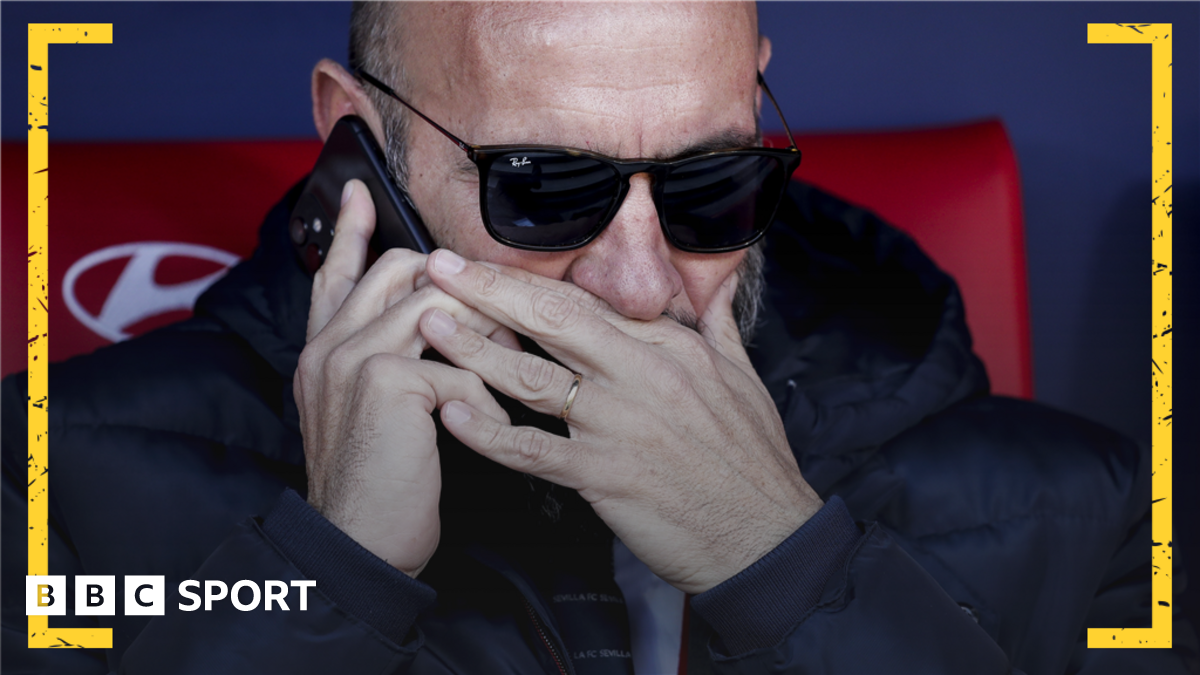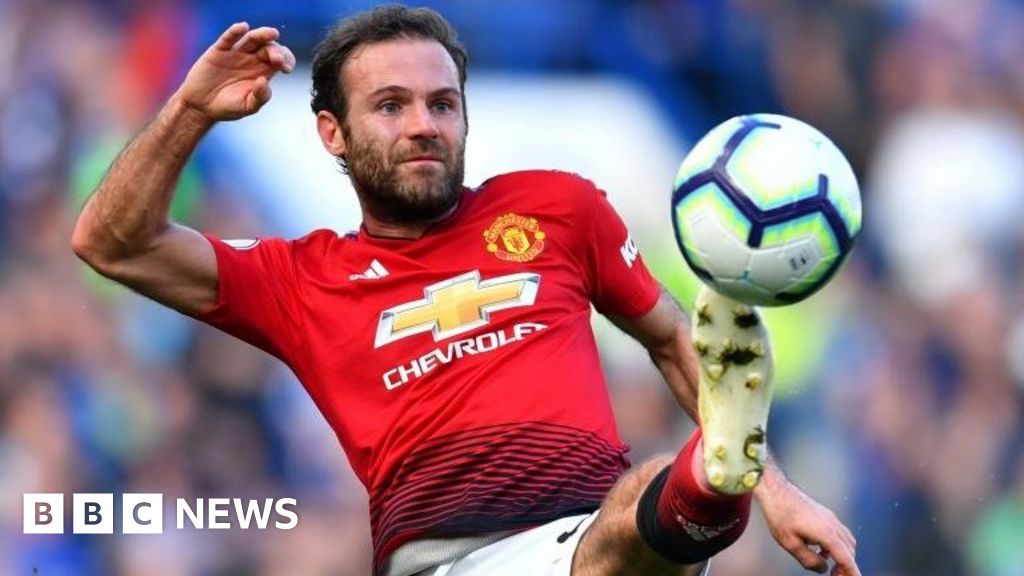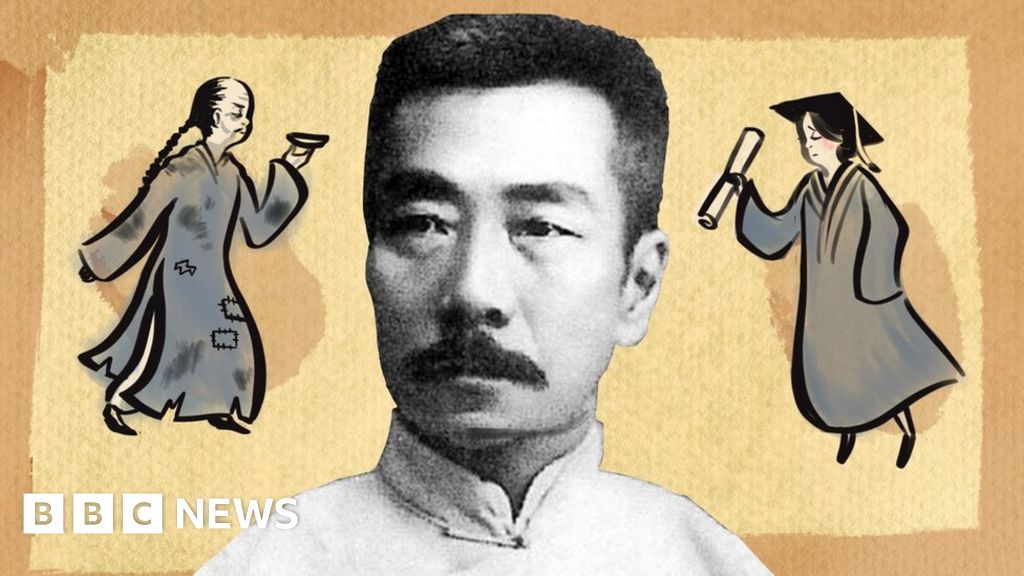Monchi: Sevilla sporting director on his methods and mission

[ad_1]
Ramon Rodriguez Verdejo has been in football for more than 30 years, but there is every chance you have never heard that name. You might, however, know him better by a different one: Monchi.
He was never considered a star on the pitch but, now aged 52 and having swapped his kit for a suit two decades ago, he is arguably the most recognisable and revered figure at Sevilla, the hometown club where he has spent almost all his career.
You could even reasonably suggest that his success, and the methods behind them, have transformed the job he has performed for 20 years – that of sporting director.
As a player Monchi – an alternative Spanish name for someone called Ramon – spent 11 years at Sevilla, mostly as a back-up goalkeeper.
He played 126 games for the club – the only one he represented – until his retirement in 1999. The following year, he was appointed to the role he has since made his own.
At the time, with no experience and with Sevilla in the Spanish second division, Monchi studied other clubs’ methods in order to seek inspiration for his own. FC Porto and Lyon were among those he looked at – clubs who won titles, sold their stars and started over again.
The main lesson was to accept losing your best players, but make sure you replace them with someone of similar quality for a good deal less money.
Sevilla didn’t spend a penny on transfers during Monchi’s first two years yet still managed to build a team that returned to La Liga under current Armenia head coach Joaquin Caparros.
It wasn’t until the following season, in 2002, that Monchi was given the green light to make his first investment: 500,000 euros on full-back Dani Alves, who first arrived on loan from Brazilian club Bahia.
Six years later, Barcelona would pay about £23.5m to sign a player who was arguably the best in his position for a decade.
The Monchi revolution had begun.
Sevilla have enjoyed 20 consecutive seasons in La Liga and, on Monchi’s watch, ‘sell to grow’ has firmly become their philosophy. Star players haven’t tended to stay long – but usually long enough to lift a trophy.
Their recent trophy haul is impressive: Copa del Rey winners in 2007 and 2010; Uefa Cup winners in 2006 and 2007; Europa League winners in 2014, 2015, 2016 and 2020. Monchi had a major hand in it all, despite briefly leaving for a two-year spell with Roma between 2017-2019.
By the time he left – seeking a different challenge – he had helped the club earn around £180m in profit from transfer dealings.
He is back at the club that he loves now, where he is widely respected and where on a typically bright Andalusian day thoughts are turning to Wednesday’s Champions League meeting with Chelsea – with the winner of the game likely to top their group.
After a year unlike any other, both clubs can take comfort from their already guaranteed progress to the knockout stages.
“The truth is it has been quite an intense time, facing unknown scenarios and managing issues that go beyond a sporting director’s responsibilities,” Monchi tells BBC Sport.
“Negotiations have been a little bit more complicated. We had to rely on the work we had already done before lockdown. We assigned new tasks to our scouts, who reviewed again and again outstanding players we had been following for a while.
“We even planned different signings depending on future scenarios, including the cancellation of La Liga.”
The signing of Ivan Rakitic is perhaps the standout of several typically shrewd moves executed by Monchi and his team in the south of Spain this summer.
The Croatian midfielder was signed for about 2.5m euros in from Schalke in 2011 and left in 2014 for Barcelona in a deal worth about 20m euros. In September, Sevilla agreed a nominal 1.5m euro fee to take him back, now aged 32.
While those deals are standard practice for Monchi, things have changed for him in 2020 – or rather, the Covid-19 crisis has accelerated change that was already under way. It has led to a major boost at the club’s new data-driven research and development department, which was created in May 2019.
Source link




